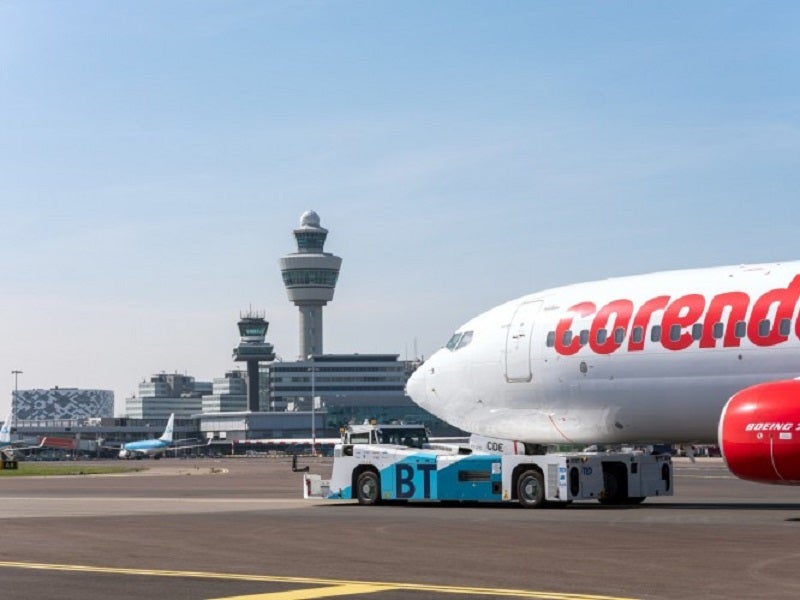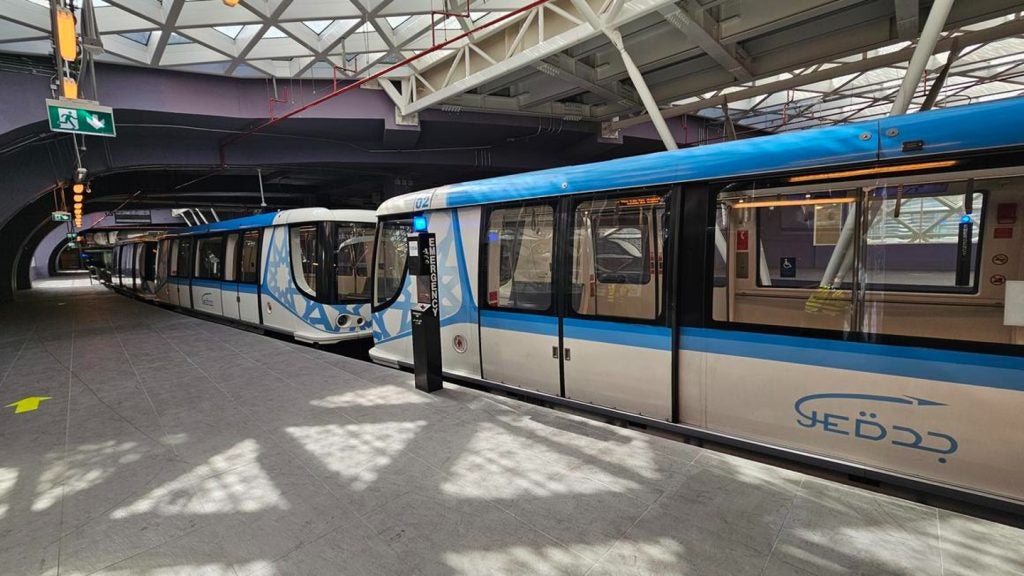
Amsterdam Airport Schiphol and its partners are set to start a trial of sustainable aircraft taxiing.
Under this trial, a special tow vehicle called ‘taxibot’ will be used to bring the aircraft to the runway. With this, the aircraft engine will be turned off.
The trial is carried out along with Air Traffic Control the Netherlands, the Ministerie van Infrastructuur en Waterstaat (Ministry of Infrastructure and the Environment) Corendon Dutch Airlines, KLM, Transavia, easyJet, dnata and KLM Ground Services.
The initial tests will tow an empty Corendon aircraft to different runways. Based on the success of the test, the trial will be extended to operational aircraft in the next phase.
The towing vehicle was provided by Smart Airport Systems and is one of the ten available in the world.
The vehicle features a hybrid combination of electric and diesel engines, enabling it to use 95% less fuel compared to the fuel used by aircraft engines in the taxiing phase.
How well do you really know your competitors?
Access the most comprehensive Company Profiles on the market, powered by GlobalData. Save hours of research. Gain competitive edge.

Thank you!
Your download email will arrive shortly
Not ready to buy yet? Download a free sample
We are confident about the unique quality of our Company Profiles. However, we want you to make the most beneficial decision for your business, so we offer a free sample that you can download by submitting the below form
By GlobalDataWith this trial, Schiphol aims to achieve total fuel consumption savings of 50% to 85% during taxiing as the engines have to warm-up before take-off.
Data from the testing phase will be used to identify the probable fuel savings at the airport, which will reduce the emissions. The test will be carried out until June.
It is also part of the feasibility study that looks into sustainable taxiing at the airport. The study will be finished in the later part of this year.
The trial received approval from the Inspectie Leefomgeving en Transport (Human Environment and Transport Inspectorate, or ILT).
Royal Schiphol Group Innovation head Hassan Charaf said: “This study aligns with our ambition to be the world’s most sustainable airport. We are continuing with this important test despite the situation that the corona crisis has caused.
“This unique vehicle will be at our disposal until at least June. I am proud that Schiphol and its partners are investigating what sustainable taxiing at Schiphol can mean.”





